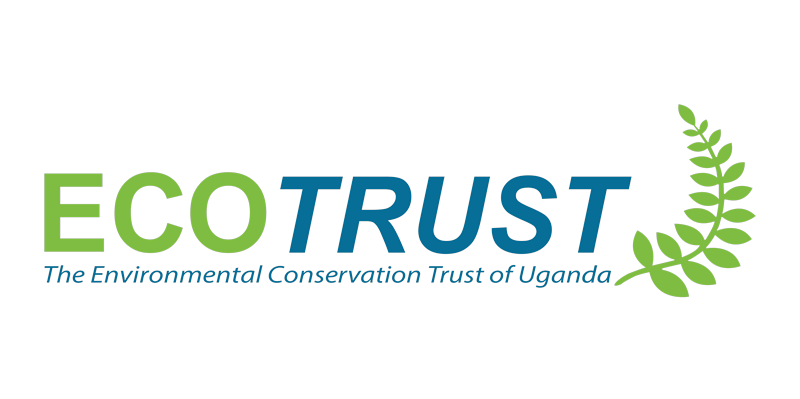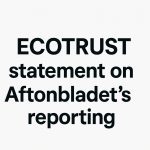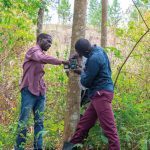
Kinyara Sugar Works limited, located in Masindi District, and established in 1972 is Uganda’s biggest sugar company, producing approximately 120,000 tons of sugar per annum for both domestic consumption and export. The estate which by 2008 had an estimate of 500 out-growers has since increased its area of operation, now employing over 6,000 out-growers, and covering 23,000 Ha of smallholder private land for sugarcane growing. The economic benefits that commercial sugar cane growing has offered, makes future expansion inevitable, which poses a threat to food security and eco-system integrity.
The Kiiha partnership was formed in 2015, initially comprising of GIZ, Ministry of Water DWRM and Kinyara Sugar Works to support conservation and protection of the Kiiha Catchment, a major source of water for both industrial and domestic use in the district. Kinyara joined the partnership to find more sustainable solutions to the rampant fires in their plantations which had escalated between 2011 and 2013 mainly because of alcohol brewing / distillation and extreme dry weather conditions. ECOTRUST joined the Kiiha partnership as a non-funding partner in 2016 adding value to the partnership by offering technical expertise on community engagement and landscape restoration.
ECOTRUST continuously engaged Kinyara through the partnership on the potential threats of the company’s proposed expansion, demonstrating environmental impact using land use maps. These dialogue meetings resulted into the commissioning of a sugarcane study and an Economic Water Risk and Opportunities Assessment (eWROA) in 2017 with support from the Shared Resources Joint Solutions Programme. The study recommended the adoption of large-scale irrigation and the ‘bon sucro’ standard for sugarcane production by Kinyara and both capital intensive investments have been included in the company’s long-term plans. Some of the other recommendations from the study have led to intensified efforts by all partners towards the restoration of the Kiiha catchment system. Kinyara has since planted over 300ha of native tree species within their estate and now, the company extends technical expertise to farmer out-grower communities on organic farming, use of pesticides and bio-fertilisers.
Kinyara (through ECOTRUST) in 2018 supported the two wetland associations of KIKAWECA and KAKAMUWECA to develop revolving funds as a form of payment for ecosystem services rendered in the restoration and conservation of the Kiiha wetland. The groups were able to set up Village Savings and Loans Associations (VSLAs) to enhance their different income generating activities outside the forest. These groups have been essential in leading on-ground restoration efforts by sensitizing and mobilizing wetland adjacent communities to participate in the restoration activities including replanting of indigenous tree species and eviction of encroachers. In June 2020, the two groups led the physical boundary demarcation of the Kiiha wetlands to a length of 35km spanning 9 villages between Hoima and Masindi districts, a vital step in ensuring sustainable management of the Kiiha wetland system (part of the Catchment Management Plan (CMP).
Kinyara currently makes a 60-70%annual contribution to the Kiiha partnership amounting to $203,000. The partnership started the process of developing and implementing a Catchment Management Plan (CMP) in 2019. A CMP will provide guidance for an integrated approach towards management of water resources and livelihood options for all actors in the Kiiha catchment area. The document will also inform district planning processes and budget allocations for development purposes.
For Kinyara the major benefits from this partnership have manifested in form of a drastic reduction in fires within their plantations. Outgrower and wetland adjacent communities are now more aware about the benefits of wetland conservation and compliant towards restoration efforts. Kinyara sugar remains committed to conservation and restoration of their ecosystem for sustainability of their business.





Follow Us On